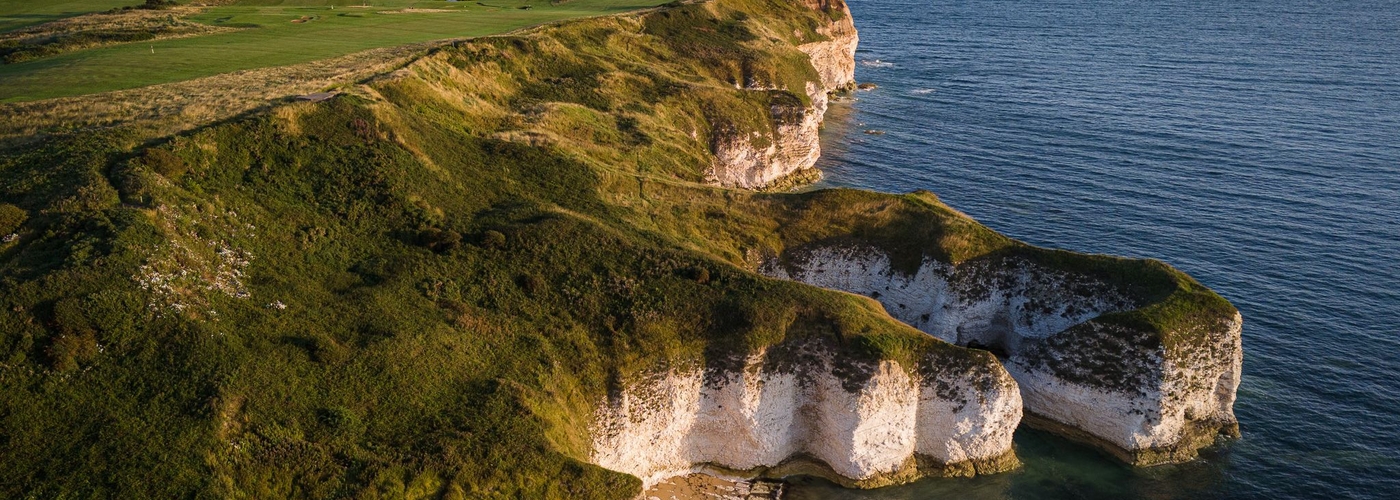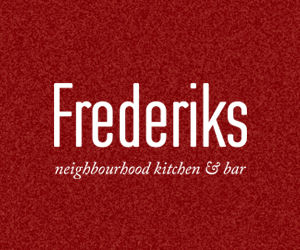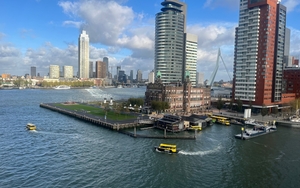Kippered in Whitby? That’s just the start of Neil Sowerby’s great Yorkshire coast trip
FROM Whitby’s legendary kippering shed Fortune’s to the ‘Lost Atlantis’ off the shingle of Spurn Point, via cliffs teeming with seabirds and some of the UK’s best beaches, Yorkshire’s coast has just about everything.
For just two quid more there was a slice of thick toast loaded with warm lobster, bay butter and nduja in a Bridlington seafood bisque
It’s hardly undiscovered but offers much more than immediately meets the eye. Hence the creation of Route YC, the county’s answer to Scotland’s North Coast 500. Hugging the sea, it clocks in at 100 miles in total, though the 240-mile ‘Ultimate’ version allows you to roam inland to take in the purple heather clad North Yorks Moors and, everywhere, handsome villages, testimony of a lush farming legacy and mercantile wealth. Spectacular churches are the giveaway.
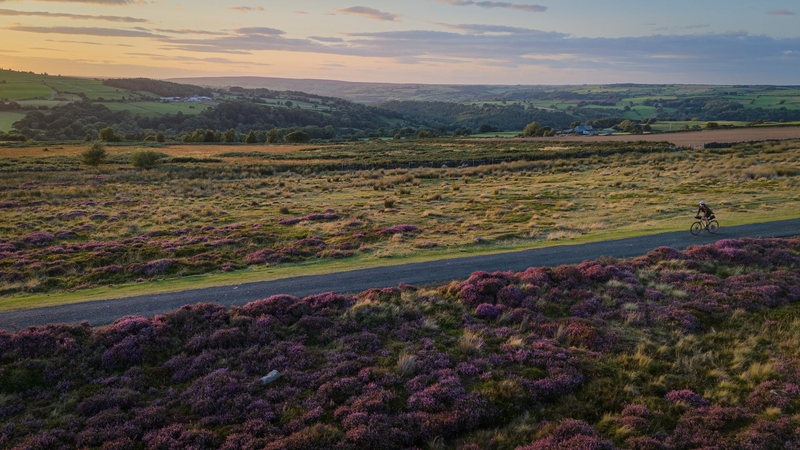
The website recommends various self-drive itineraries encompassing heritage, food and drink, wildlife, family stuff, accommodation and cycling options. I especially like its sculpture collection guide. Handily the routes divide into six sections – Whitby, Scarborough, Filey, Bridlington, Hornsea and Withernsea.
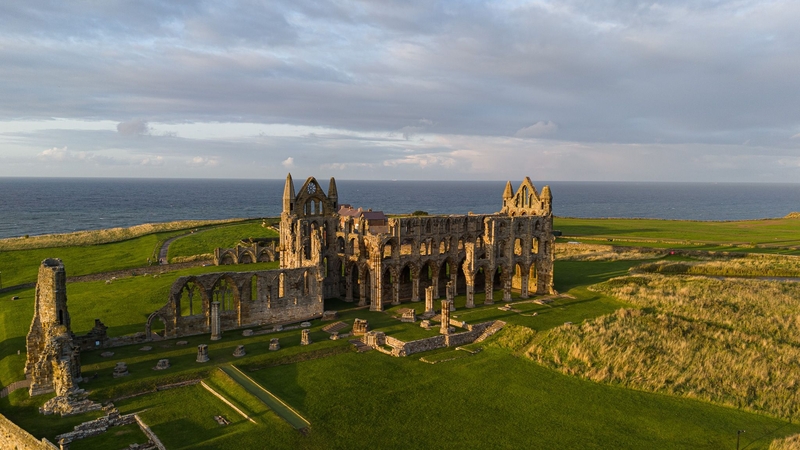
Whitby – kippers, Captain Cook and scavenging gulls
We were hardcore and covered all six north to south, reluctantly missing out on the most northerly outpost, Staithes, where a young James Cook was apprenticed to a draper. We launched our own voyage in Whitby, which celebrates big time its own role in the great mariner’s emergence. The Captain Cook Museum is a fine introduction; the current exhibition traces his lesser-known Arctic exploits in the quest for the North West Passage.
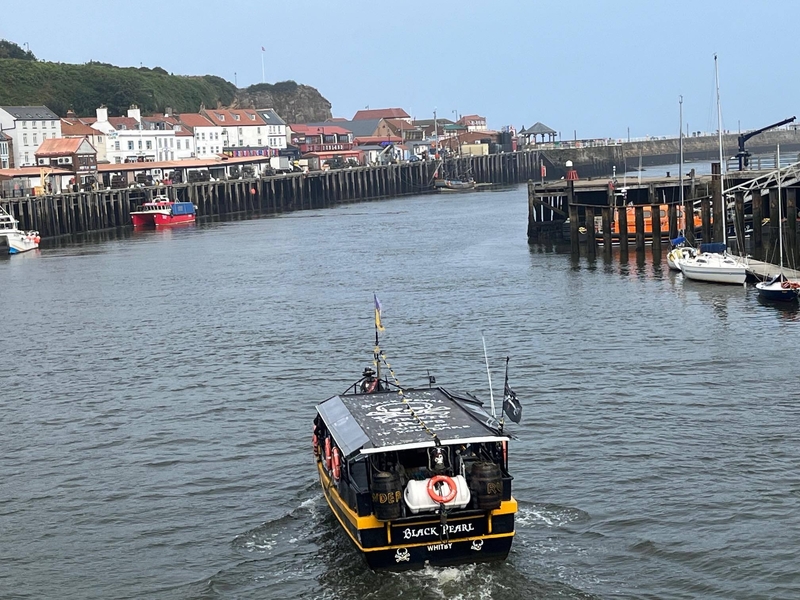
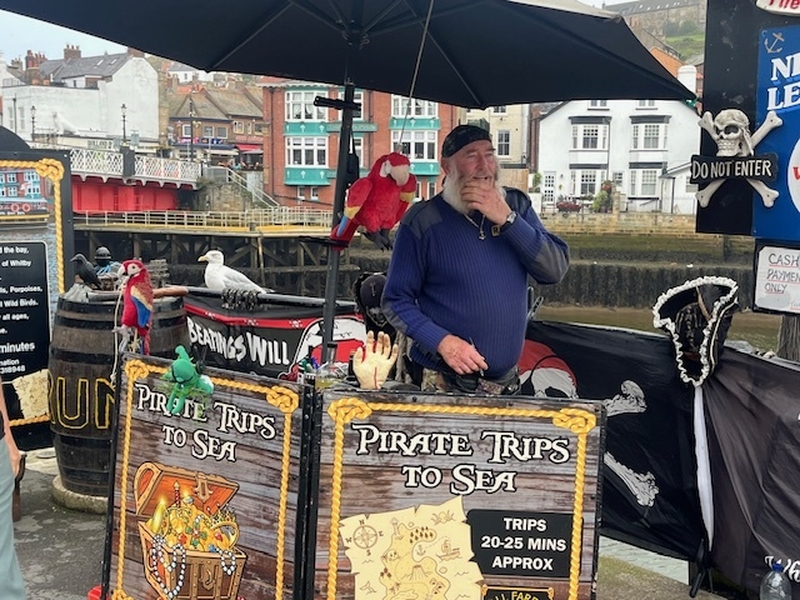
A rival Cook attraction, a replica of his ship, the Endeavour, docked in Whitby since 2018, is currently up for sale. You can’t steer it away – it is not seaworthy. Pleasure craft The Bark Endeavour is; it offers a 25 minute voyage with sea shanties and an audio story included for just a fiver. It quirkily promises “dogs and ferrets go free”. Equally jolly on a smaller scale are the Black Pearl Pirate Boat trips. One of the operators offers an ‘ash scattering” service’ – a very Jack Sparrow/Davy Jones’ Locker way to go.
Rather than sleep with the fishes I’d rather feed off them and here is the perfect place for that. Whitby, Bridlington and Scarborough are the top three European ports for landing lobsters. Tempting for the adventurous self-caterer are the live specimens in a tank at The Whitby Catch fishmonger offshoot of the famous Magpie fish and chip shop further along the quay.
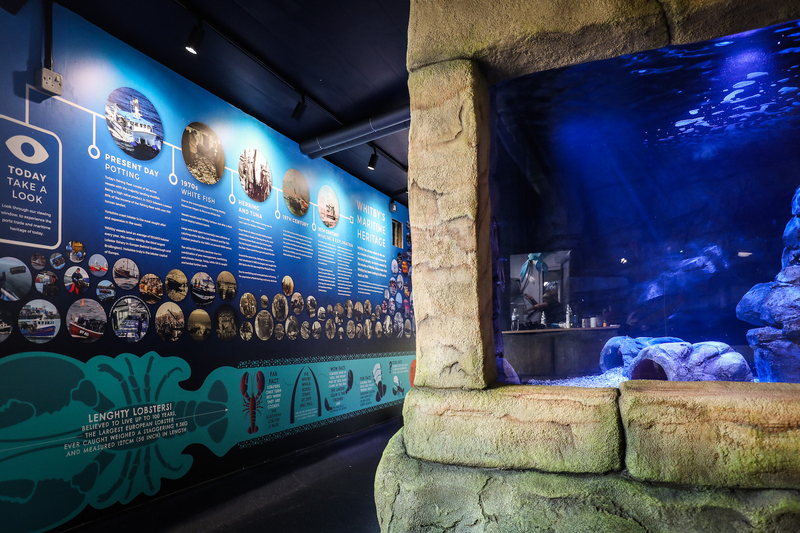
You can learn the crustacean back story at the nearby Whitby Lobster Hatchery, based at the Marine Discovery Centre. They want to conserve the region's lobster stocks and plan to release 100,000 juvenile lobsters back into the wild annually. The Centre also has 30 species of native marine life in six viewing tanks.
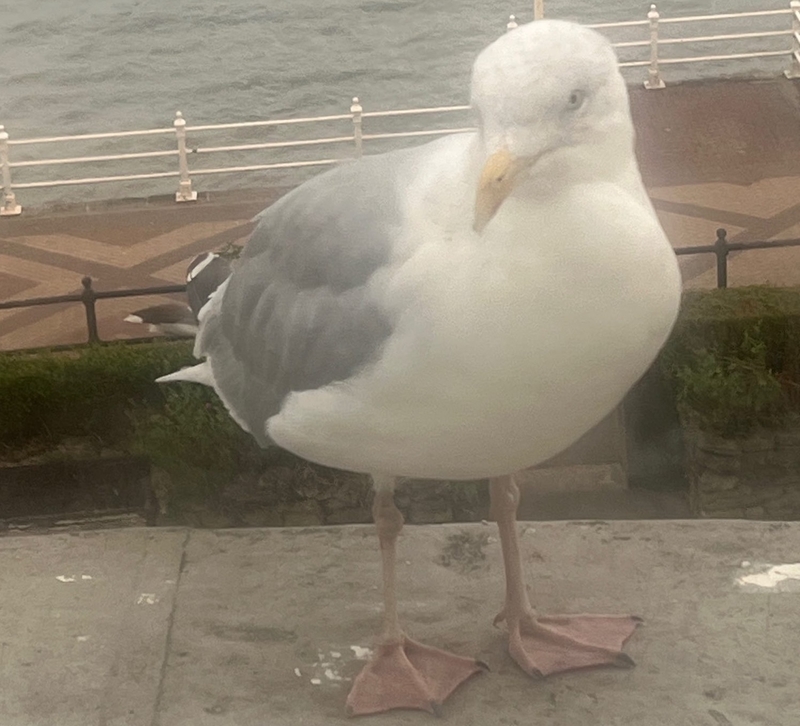
First, though, a fish and chip lunch is a must amid a wealth of options. Sacrilege it may be, but avoid The Magpie and cross the Swing Bridge to Hadley’s (smart cafe and takeaway, superlative batter). We feasted al fresco by the water, keeping a beady eye on the gulls, primed to swoop on our cartons. Spoiler alert, we’ll never get back that giant battered cod, untimely snatched here in 2019.
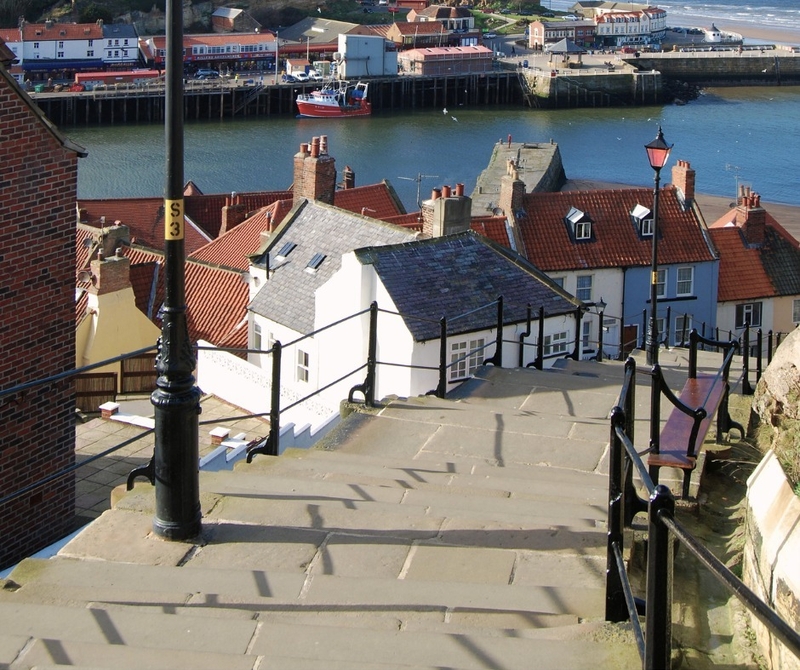
While you’re on that side of the River Esk it’s de rigueur to make a pilgrimage up Church Street. Perhaps at the end to climb the 99 steps to St Mary’s Church and the Abbey to worship the God recognised by founder St Hilda… or alternatively raise a stake to that false deity, Dracula, spawner of the twice-yearly Whitby Goth Weekend (the next one is at the start of November).
For my own pilgrimage, I followed my nose up Henrietta Street to Fortune’s Kippers. The only smoking shed in town has been on this spot since 1872, once using local herring, for decades now it’s been Norwegian. The tar-blackened walls are testimony to the seven days a week work ethic of six generations.
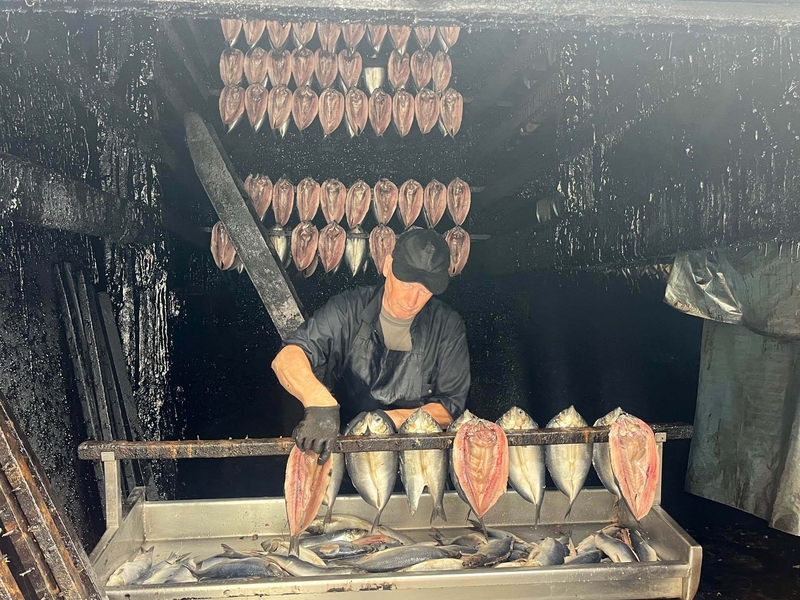
It’s a treat to watch the current kipperers, Derek and Graham Brown, at work as they skewer the brined herring to be smoked for 18 hours. Three different fires cure the fish – the first dries them out; the second, a heavy one using oak and beech chippings, burns through the night; then a third contributes the appetising dark, gold colour. Don’t dally if you fancy buying them, currently at £5.40 a pair. Get there early. Once they’re gone, they’re gone. And when you get them home to cook do leave the windows open.
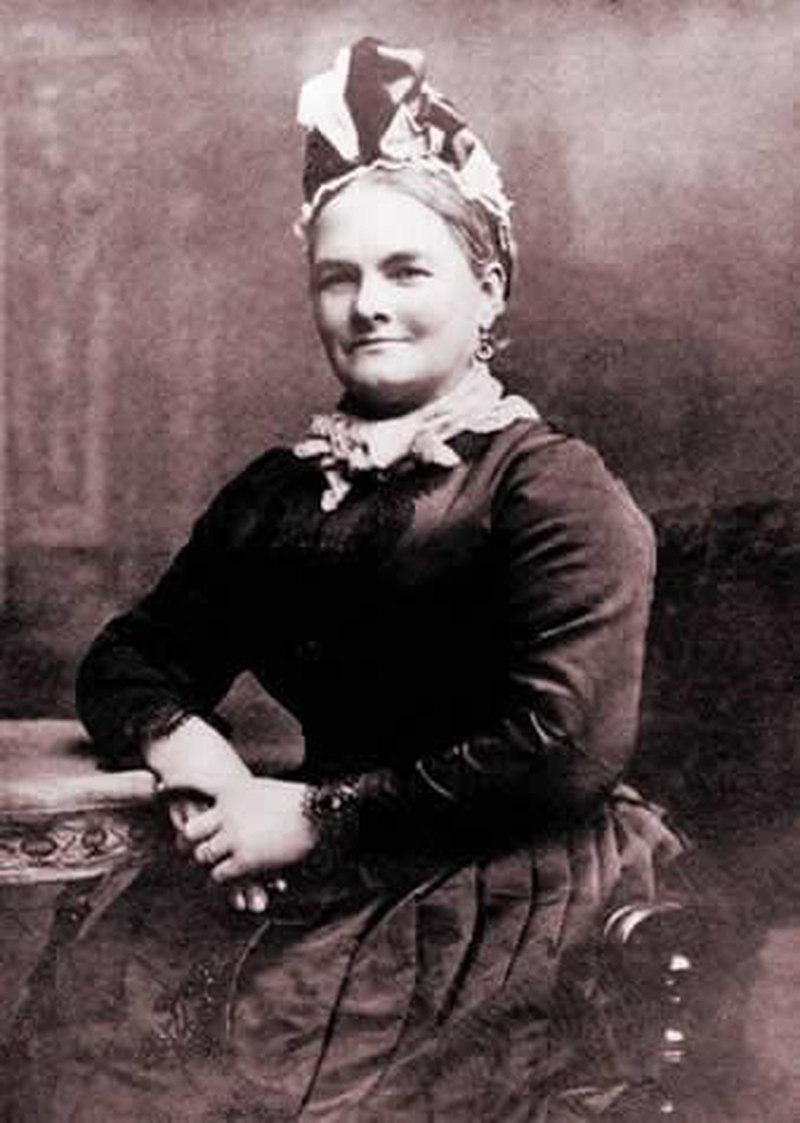
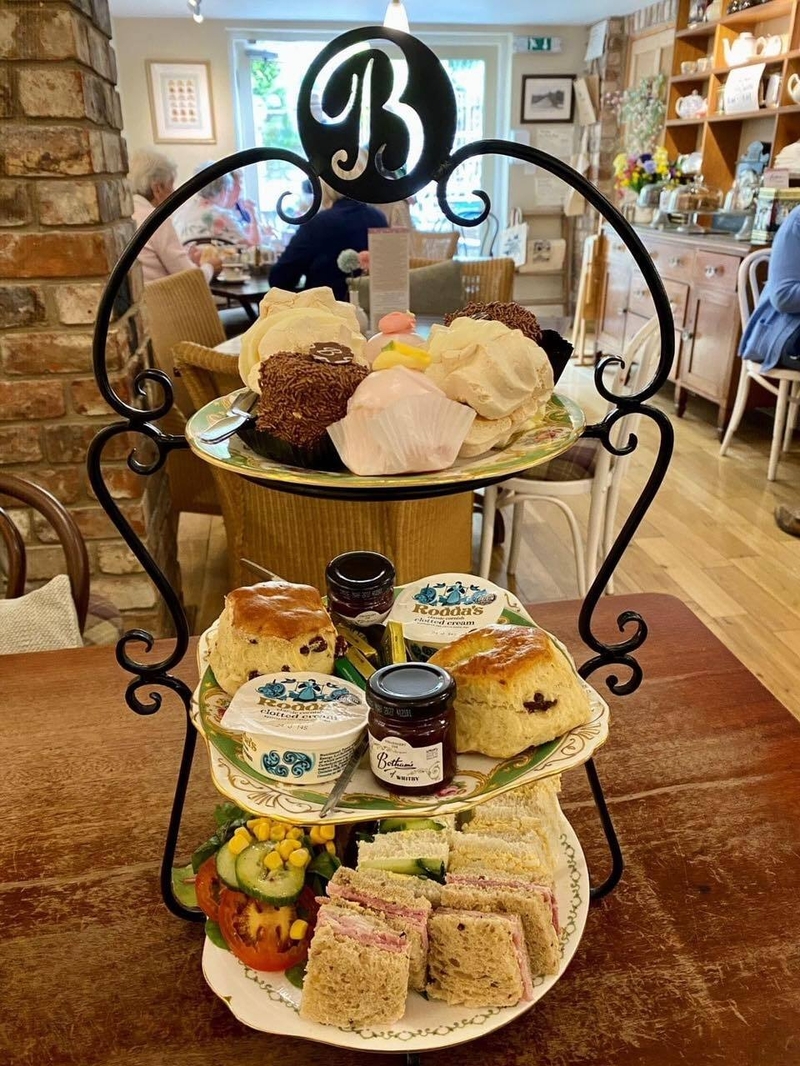
For Whitby bragging rights Fortune’s is a mere stripling compared with Botham’s Bakery, which dates back to 1864, though fourth generation co-owner Jo Botham admits the history’s all a bit hazy. The family-run firm has a modern baking facility on the edge of town, with a further expansion there imminent, but the original Skinner Street premises bought by mother-of-ten Elizabeth Botham still hosts their main tea room. The Whitby Lemon Bun is their signature cake; I like their spicy Shah Ginger Biscuits, which seem appropriate for a port. Poor Captain Cook, for his voyages, had to make do with ship’s biscuits or hard tack.
High season parking in Whitby is not plain sailing. I’d recommend the park and ride – just a 10 minute bus ride away from the centre.
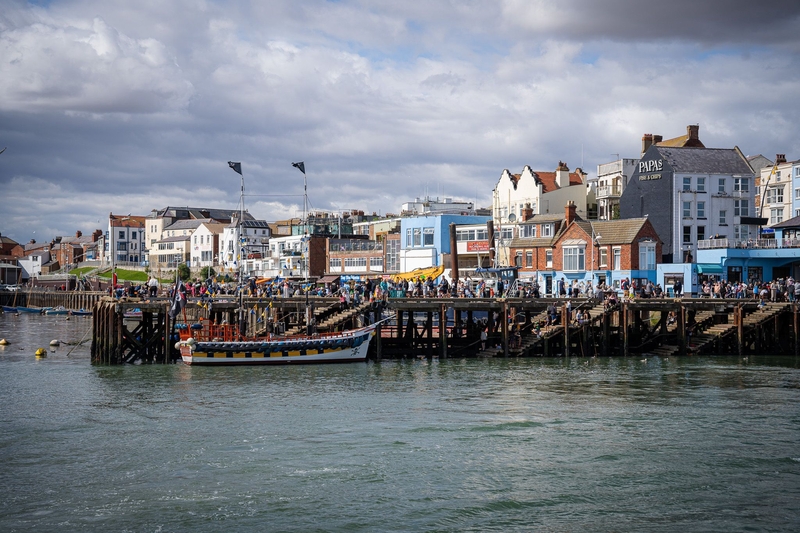
Bridlington ‘Old’ and ‘New’ and the cliff birds of Bempton
Who could resist an en route lunch stop-off at Robin Hood’s Bay? Fish and chips and Whitby crab arancini with lashings of panoramic views from the clifftop Hotel Victoria after a dash down the steep cobbled alleys to the old fishing harbour. This is a great place to idle, especially after dark when the vibrant pub music scene kicks in, but Brid beckoned. We were booked into a lodging which more than lived up to its promise. Beaconsfield Apartments is in a quiet seafront row with amazing views – a radiant sunrise and a delicate rainbow during our stay – yet just a handy 10 minute walk from the harbour.
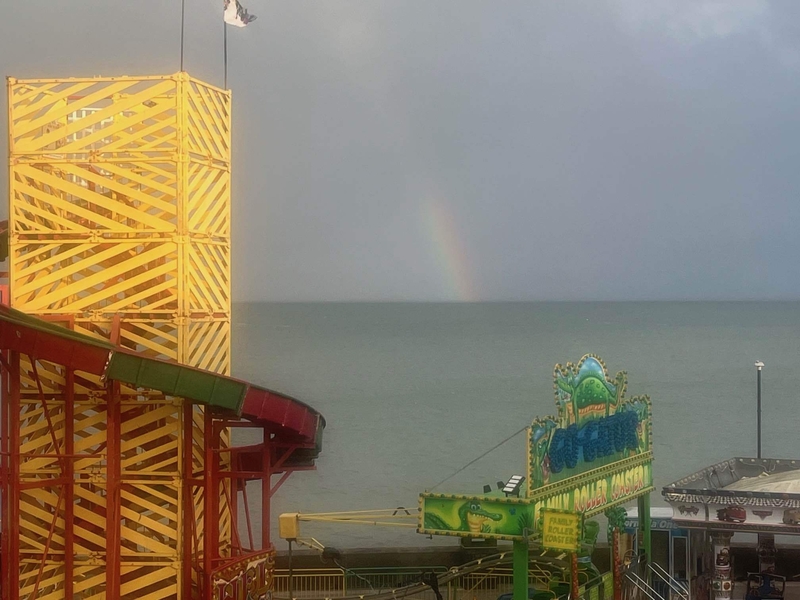
Amid the gaudy seafront amusement arcades and rides you run the gauntlet of waffle and doughnut franchises, while the best fast food option remains the chip shop. On the edge of town I’d heartily recommend Fish & Chips at 149, part of a sustainable chain that randomly also has outlets at Barnard Castle and Catterick Garrison.
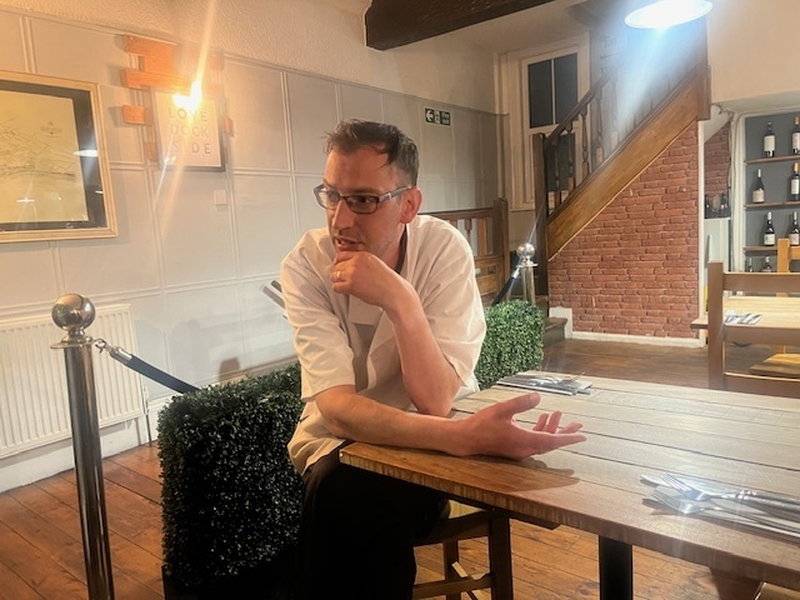
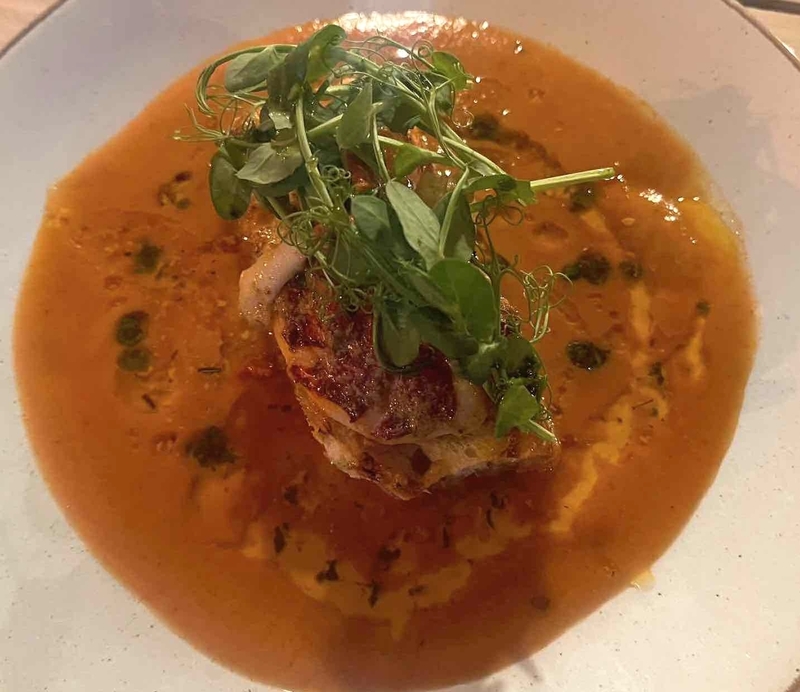
For a very different option walk down Bridge Street across from the working docks and you’ll find the Dockside Kitchen, quirkily championing ‘fine dining’ in an upstairs room above a rustic beer bar.
Much-travelled Martyn Shaw is the chef and his dad, a former merchant seaman, combines front of house with pulling the pints downstairs. The ales are all locally sourced as are Martyn’s ingredients, making special use of the fish on his doorstep. Hence for our leisurely dinner starters included Crabonara; crispy gnocchi featuring freshly caught crab, Parmesan diced ham and truffle for a tenner. For just two quid more there was a slice of thick toast loaded with warm lobster, bay butter, and nduja in a Bridlington seafood bisque. You could pay double anywhere else for such a dish with only a fraction of the lobster flesh. The rest of the meal lived up to the ambitions of a very talented one-man band.
Our pre-prandial freshener had been round the corner at the 3 B’s Micropub, a cosy 30-seat real ale and cider outlet punching above its weight. Indeed, it is celebrating being named CAMRA’s Yorkshire Pub of the Year 2024.
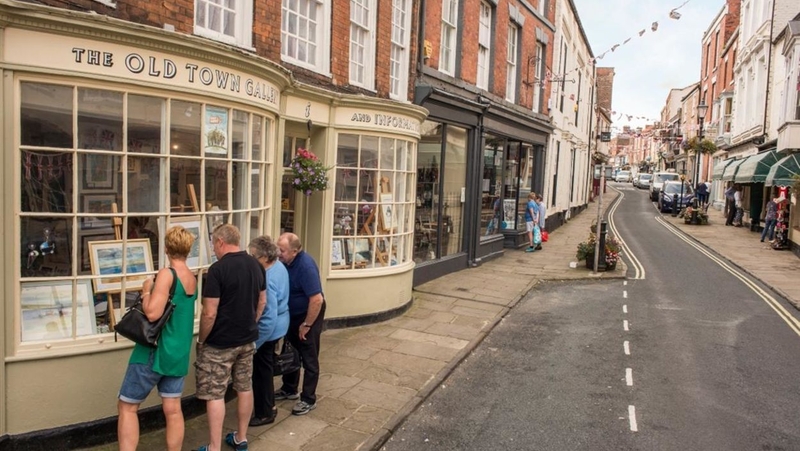
While relishing the eerie delights of a traditional seaside town with ‘out of season’ beckoning we’d also been intrigued by road signs pointing to Bridlington’s Historic Old Town’, so went along to investigate. Visit East Yorkshire, which offers an Old Town walking tour leaflet, describes this cluster of streets and alleys en route to Bridlington Priory as “medieval” but there’s an over-riding Georgian feel to it. It’s full of indie shops given over to antiques, art galleries, coffee houses and pubs more genteel than in the New Town resort. That’s not to diss the Esplanade’s Hook and Parrot (sic) where the karaoke is a hoot.
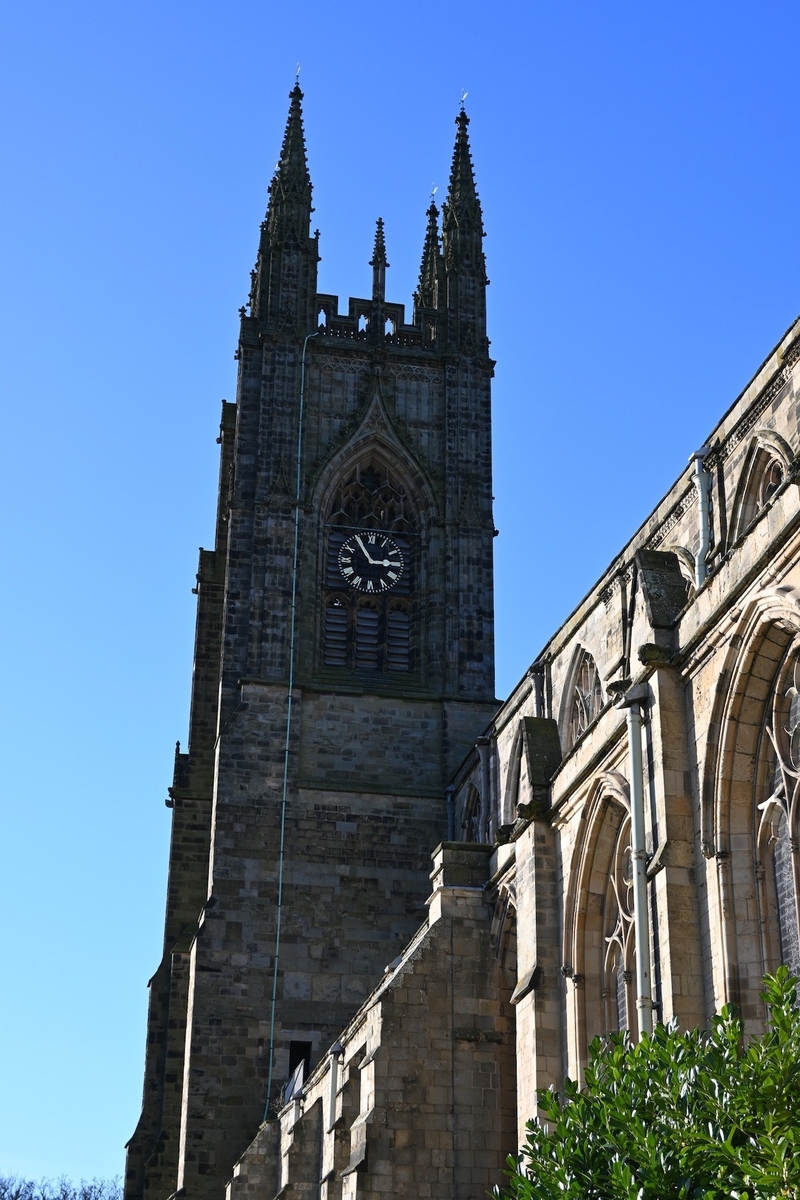
It does seem a world away from The Priory, a mighty edifice still but all that remains of the monastery on this site that was savagely demolished by Henry VIII in 1537. What we have now is the original nave augmented in the 1870s with some 12th century monastic treasures restored. Check out the slab of black Tournai marble, incised with the outline of a Byzantine church, believed to commemorate the Priory’s founder.
A 15 minute drive away from Bridlington is Bempton Cliffs, one of the UK’s great wildlife marvels, under the stewardship of the RSPB. More than 200,000 seabirds nest on 400ft cliffs just north of Flamborough Head. There are six viewing points easily accessed with lots of information on site.
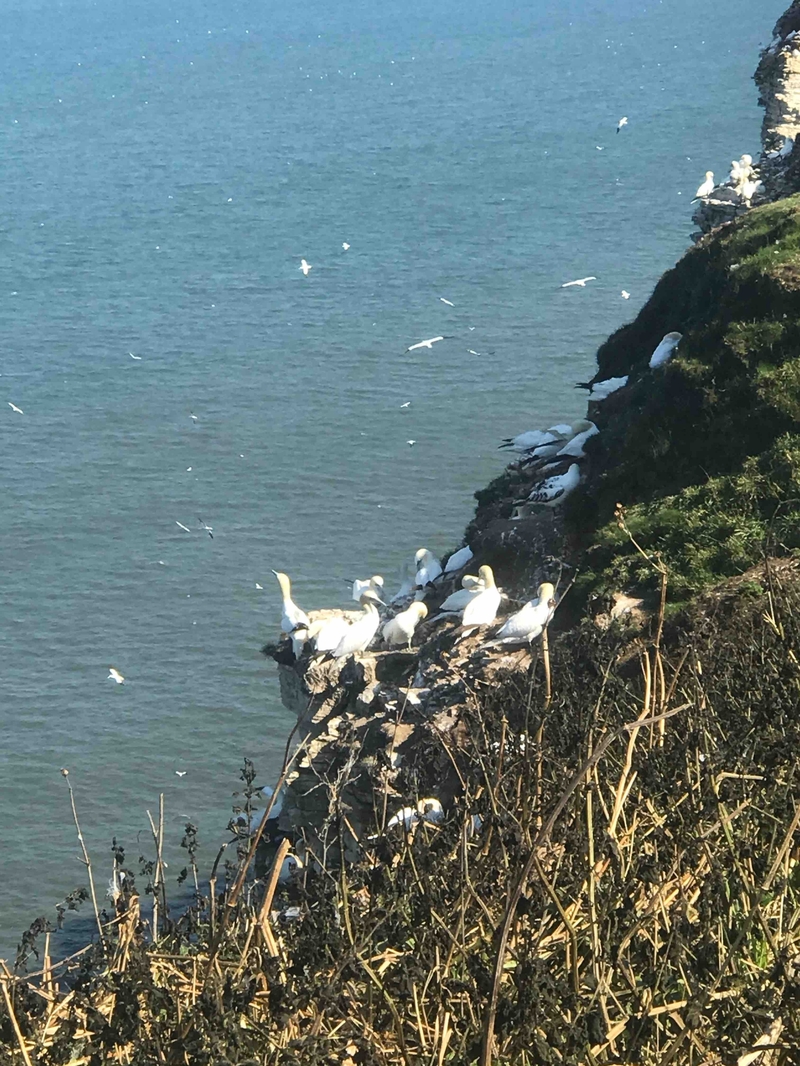
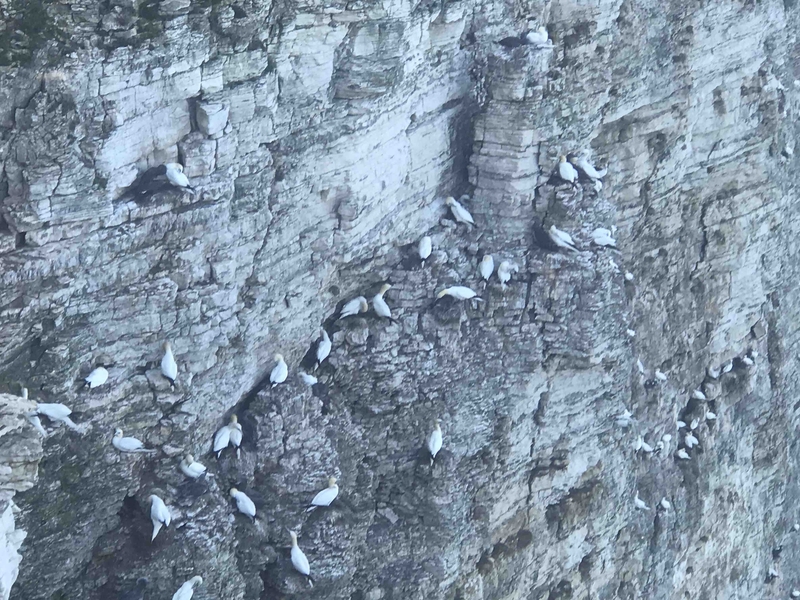
Between March and October you can expect to see gannets, puffins, guillemots, razorbills, fulmars, kittiwakes, herring gulls and shags. Plus farmland birds such as skylarks, tree sparrows, linnets, meadow pipits and reed and corn buntings.
We were more than made up with the 28,000 strong colony of gannets on show, mingling in precarious clefts or swooping torpedo-like at up to 100km an hour in search of fresh fish. It’s our largest native seabird with a wingspan up to two metres and can live to be 17. Not until it’s five years old does it gain its striking whiteness with black wingtips. Juveniles have greyish-brown plumage with white spots and are rather cute.
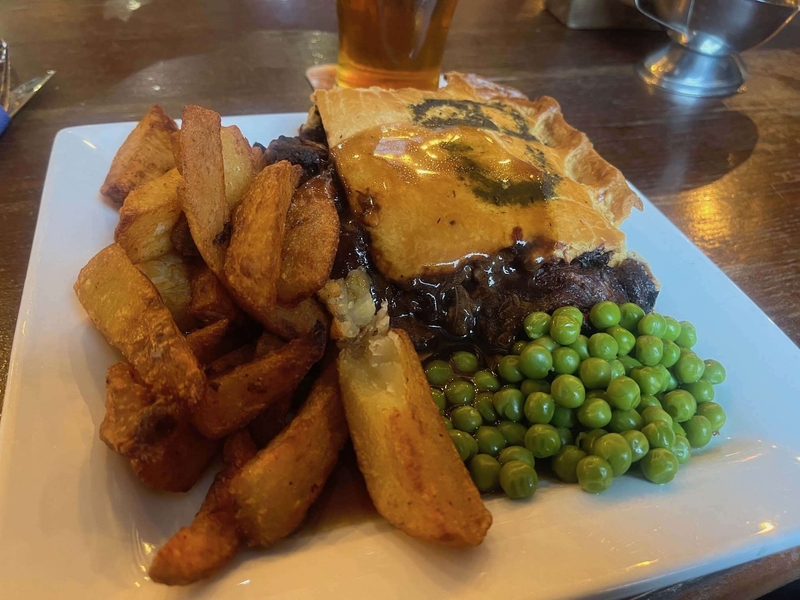
Eight miles from Bempton is the perfect restorative after unleashing your inner Attenborough – The Piebald Inn at inland Hunmanby. It was once the Railway Tavern until pie enthusiast Jon Allen took over a decade ago and today the menu offers 52 different pie fillings, mostly named after equines. My choice was Cleveland Bay (beef skirt, brisket and oxtail slow cooked with black treacle, bacon shallots and chestnut mushrooms). With hand-cut chunky chips it was a generous, intense experience, a bargain at £22.55.
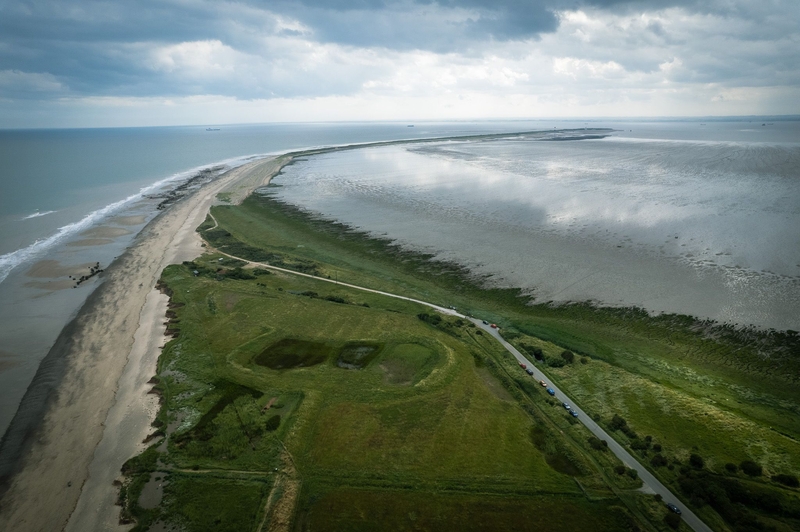
Spooky Spurn Point and the ghosts of Ravenser Odd
So there was no need for breakfast next day for the final leg of our Yorkshire Coast road trip. Our ultimate destination is about as ultimate as it gets. Spurn Point is part of the Withernsea Route but it stands alone for eerie distinctiveness. The Yorkshire Wildlife Trust, which looks after it, describes it as “Yorkshire's very own Lands End - an iconic and constantly moving peninsula which curves between the North Sea and the Humber Estuary. At over three miles long but as little as 50 metres wide, this landscape is unique and ever-changing.”
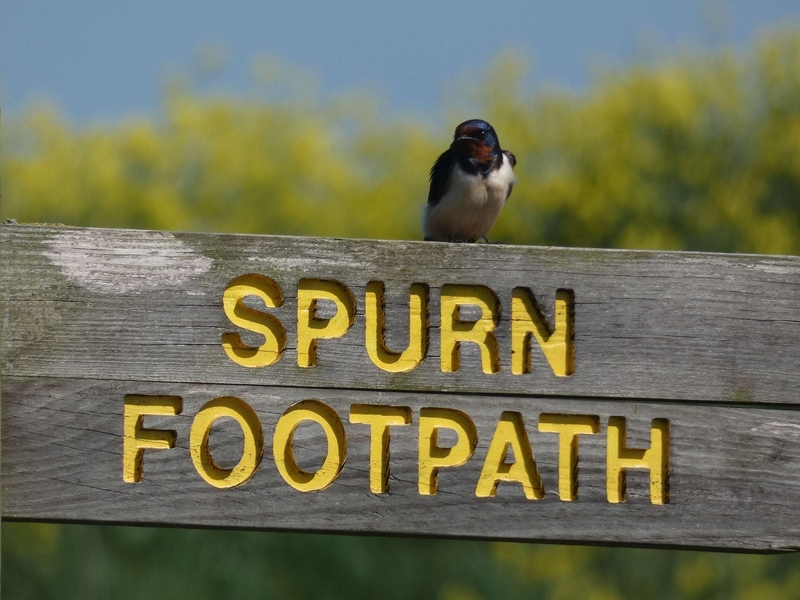
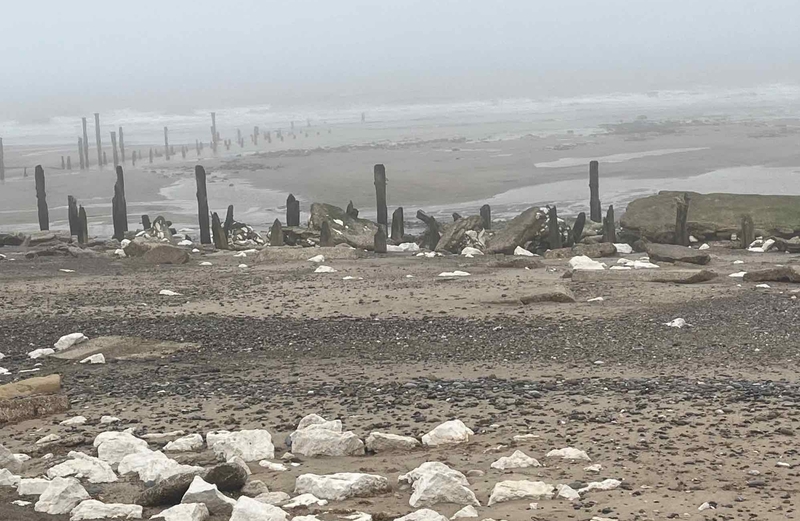
All this was effectively turned into an island a decade ago by a tidal surge, since when normal vehicular access is prohibited. Birders on foot must be wary of being stranded at high tide. It all adds to the thrill of a unique place.
What better way to explore it now than a three hour Spurn Safari Tour on board a specially adapted ex-military 4x4 truck called the Unimog. Quite appropriate since much of the human intrusion here is military installations, living alongside the riches of a protected nature reserve, particularly important for migratory birds.
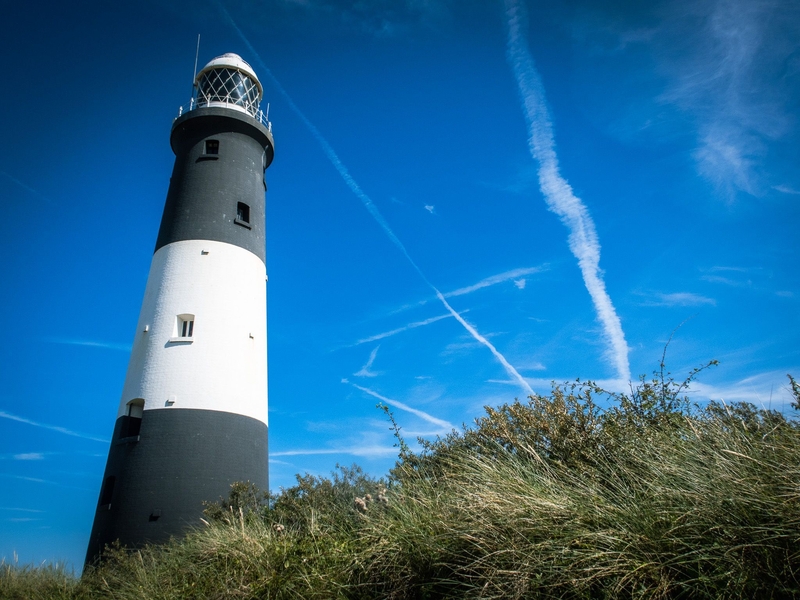
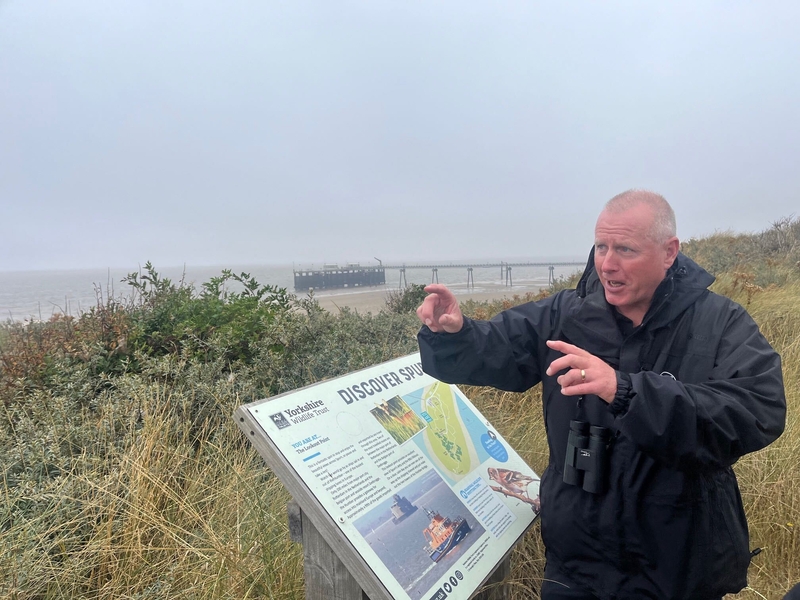
The guided trip also includes a visit to the top of northern England’s tallest lighthouse, just a foot higher than its rival at Withernsea apparently. Tickets cost £25 (adult)/£15 (child). There's so much new to discover. As the spit returns to nature after military and lifeboat crews were forced to abandon it the brown tail moths have taken over, their caterpillar hairs capable of inflicting intense irritation as our guide Darren warns us. I am keen to forage sea buckthorn berries, but they are invariably sheeted in the moth webs.
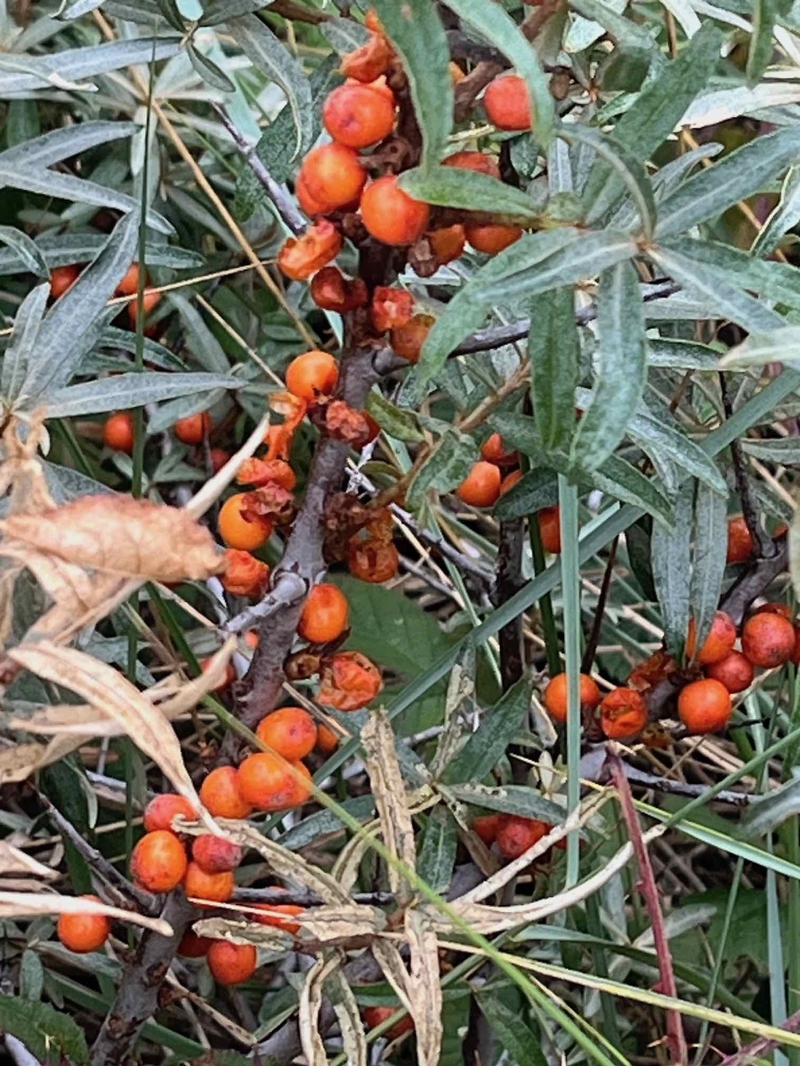
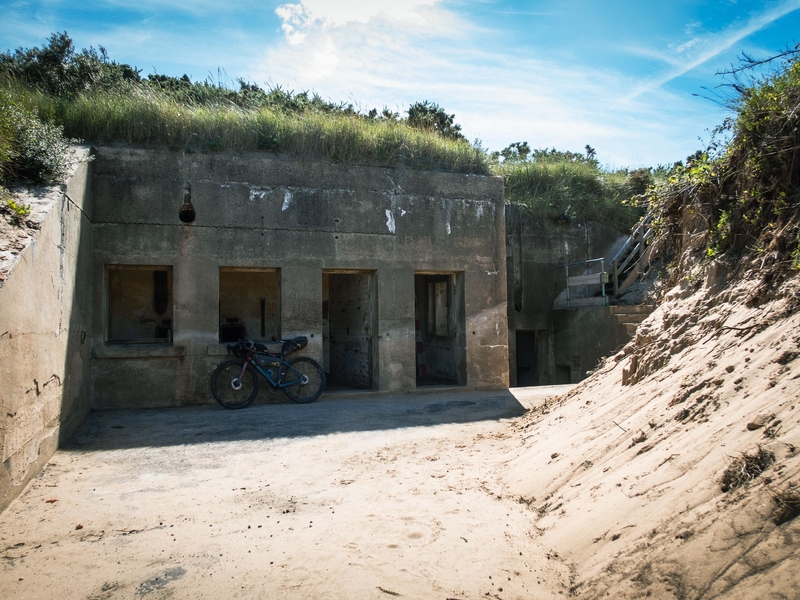
There is something ghostly about them. That applies to this whole stretch of coast, though, forever crumbling into the sea. It’s hard to credit that a Spurn sandbank was once home to Ravenser Odd, a port with its own Royal charter, more important than Hull, described in one lurid account as ‘Medieval Yorkshire’s own wretched hive of scum and villainy where merchants of flexible morals and ruthless ingenuity acted as little more than pirates.” They all got their comeuppance in the 14th century when the tides swept it away.
After our own adventure the Spurn Visitors Centre’s cafe was a welcome haunt of bird-watchers comparing notes, but I‘d recommend driving back into Kilnsea to eat at the Crown and Anchor with its well kept Timothy Taylor Landlord on hand pump. Obviously go for the local crab salad.
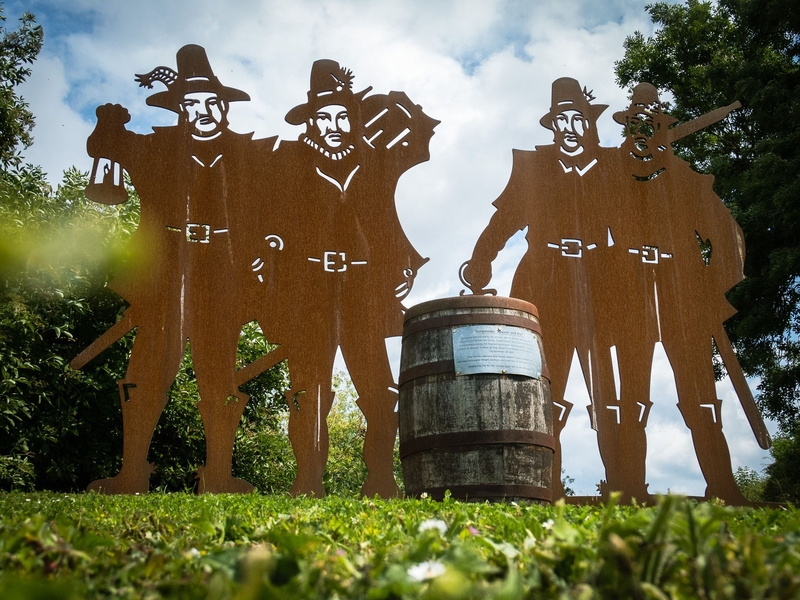
On the way back to ‘civilisation’ there were distractions. At Welwick off the B1445 near Plowlands Farm there is a head-turning 8ft steel sculpture commemorating East Yorkshire's links to the Gunpowder Plot in 1605. Two of the conspirators, brothers John (Jack) and Christopher (Kit) Wright, were born in the village. They feature alongside plot leader Robert Catesby. Welwick’s St Mary’s church is distinctive, built on a mound beside a plague pit, never since used for burials.
It pales in comparison with the great church of St Patrick at little Patrington a couple of miles away, known as ‘The Queen of Holderness’. In England’s Thousand Best Churches Simon Jenkins describes it as “the queen too of what I regard as the finest era of English Gothic, the final flowering of the decorated style in the early 14th century before the Black Death.”
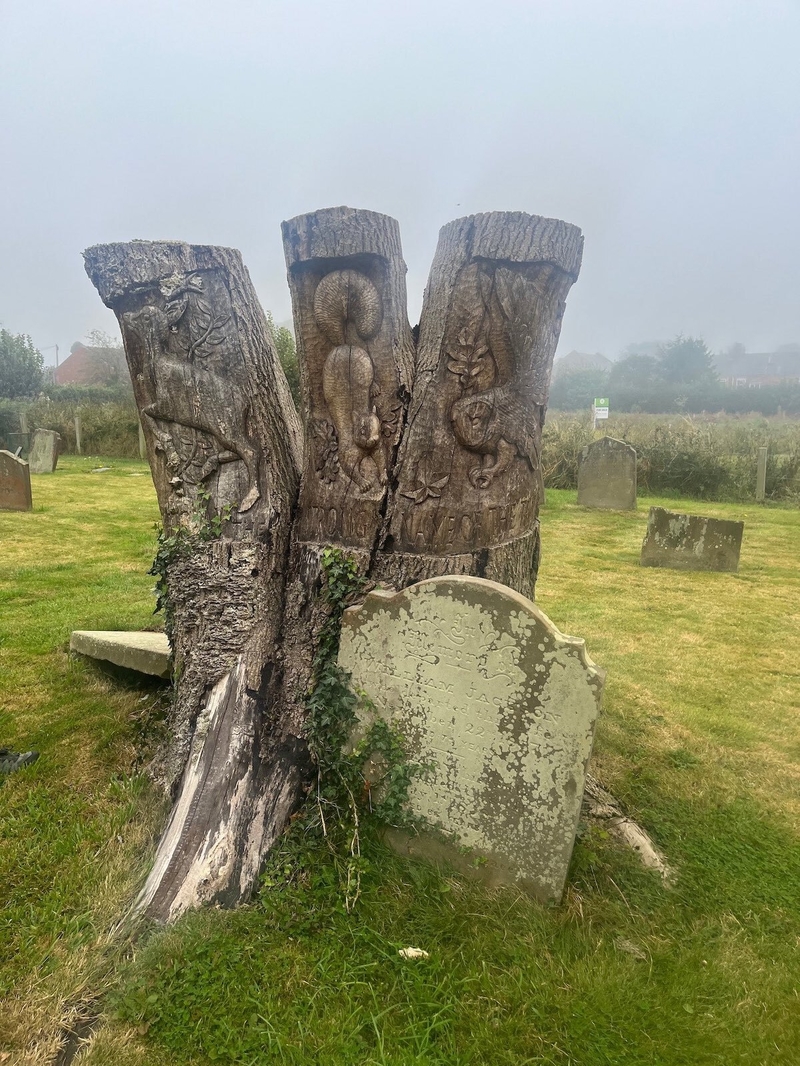
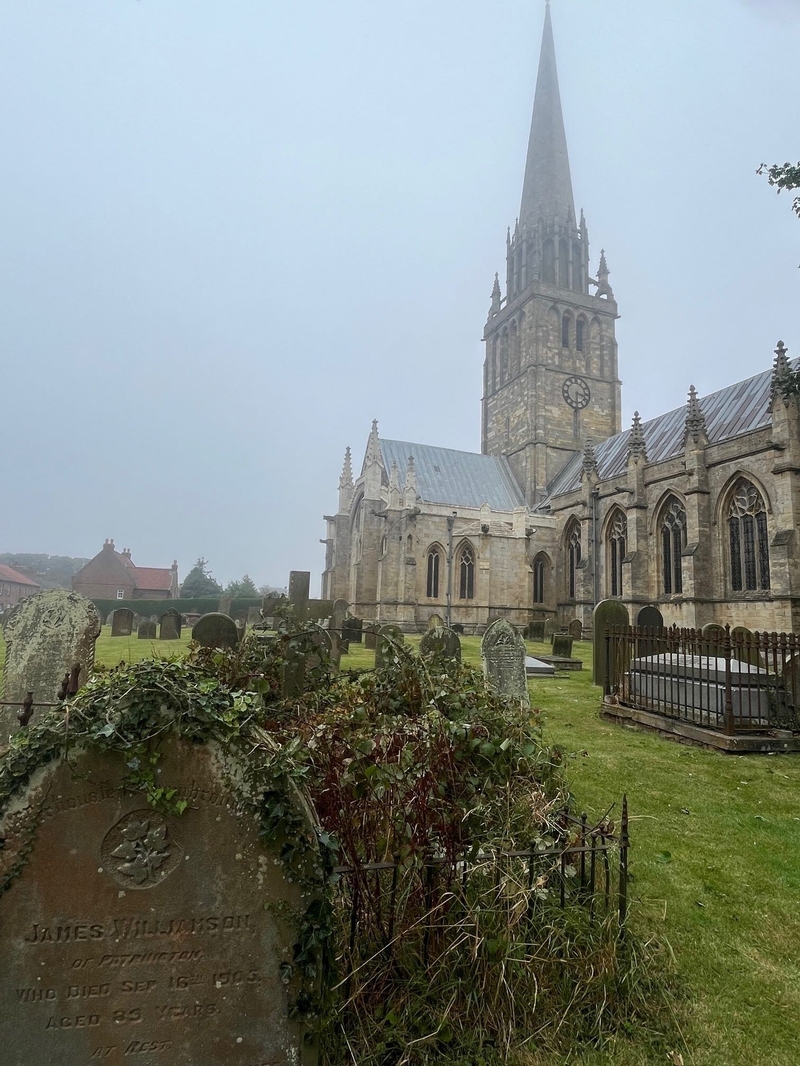
It really is quite stupendous inside and out, perfectly proportioned, but our visit was memorable because of little things out in the graveyard. The 2 metre high stump of a 150-year-old ash tree has been carved to represent St Patrick’s ‘Deer Cry’ – owl, deer and saint. Nearby two tombstone plots have been engulfed by blackberry bushes. We gorged on the ripest fruit we could recall this awful summer. It felt a revelation, just like some newly discovered marvels along the Yorkshire Coast.
Fact file
For full information about Route YC and the Yorkshire Coast, go to www.routeyc.co.uk
Neil stayed at the Beaconsfiield Apartments, 13 Bright Crescent, Bridlington, YO15 2PL.





